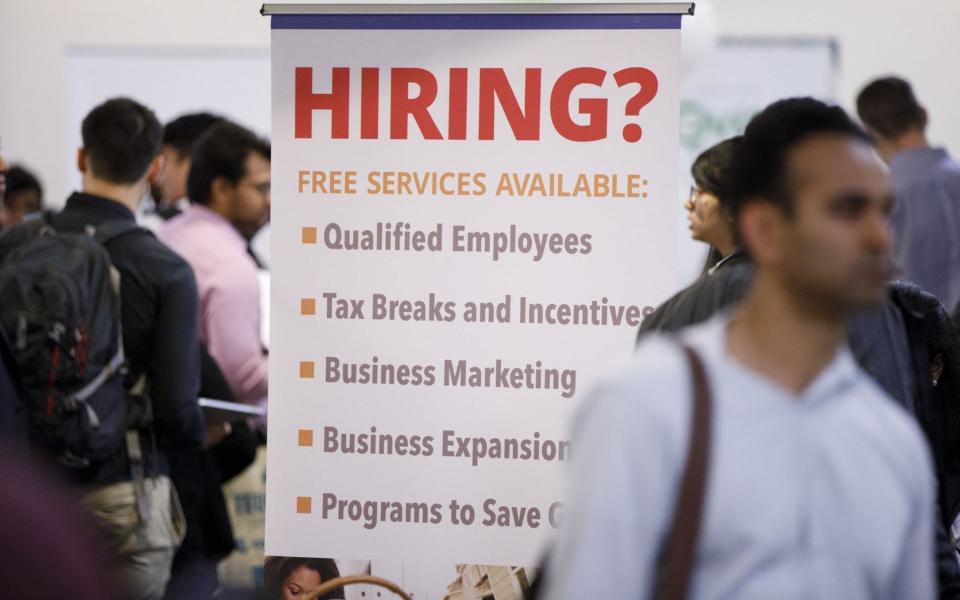Western economies are ready to spend more to boost productivity

The long squeeze on Western living standards is over, it has been claimed, with developed economies finally strong enough to fund increased investment.
Productivity – the amount of value produced per hour worked – has grown at a painfully slow rate across much of the rich world since the financial crisis. However, a shortage of workers and a lack of spare capacity in industry mean pressure is mounting to invest more and boost productivity.
Andy Cates, head of developed markets economics at Nomura, has charted measures of spare capacity versus inflation over recent decades. The recent increase in businesses struggling to recruit workers in the US should turn the productivity puzzle around, he said.
“We have reached the stage in the economic cycle where companies are pushing against their resource limits – there is increasing evidence from some surveys to suggest labour and plant shortages, and there is typically a robust relationship between capacity-related issues and productivity growth,” said Mr Cates. He estimates productivity growth lags the capacity constraints by up to two years. The economic fallout from the financial crisis kept companies from facing such challenges for several years.
“There was a lot of excess capacity in the eurozone and at the global level, and it has taken a long time to be reabsorbed,” he said. “At the same time, in terms of incentivising investment activity there have been hangovers from the financial crisis, which the European Central Bank has tried to fend off.
“But, nonetheless, that hangover has resulted in a deal of uncertainty which in terms has crimped capital spending relative to what one might otherwise have seen.”
The UK has little spare capacity left, as illustrated by the sharp fall in unemployment in recent years and reports by companies of an increasingly intense shortage of skilled workers.
However, investment fell by 0.2pc in the first quarter, indicating businesses are not ramping up capital spending yet. Uncertainty around the UK’s relationship with the EU has been cited as one factor holding back this spending.

 Yahoo Finance
Yahoo Finance